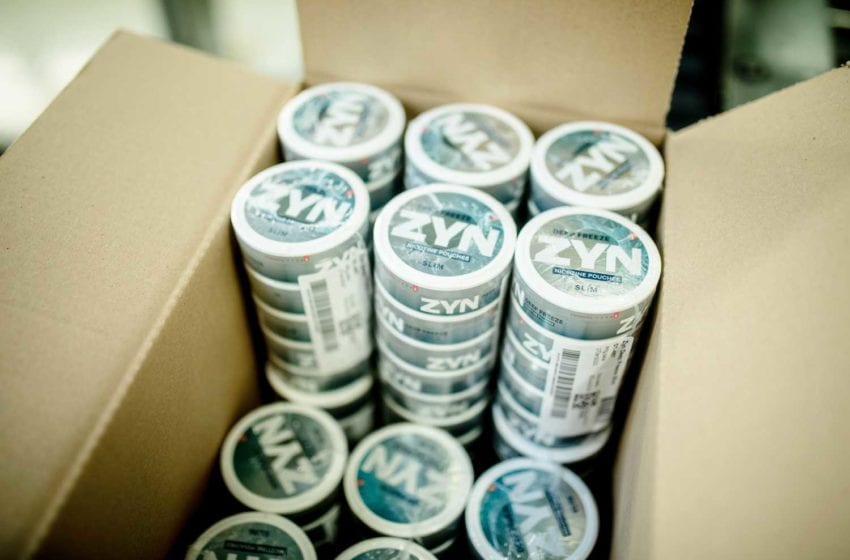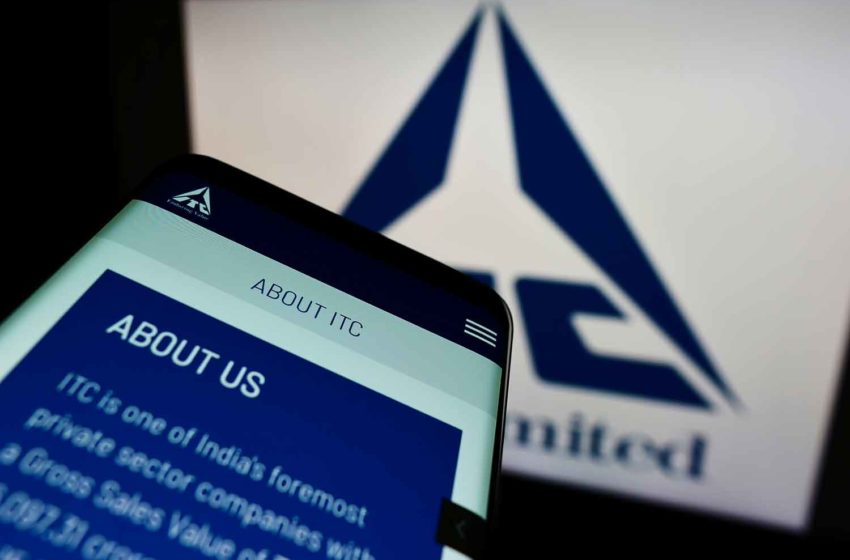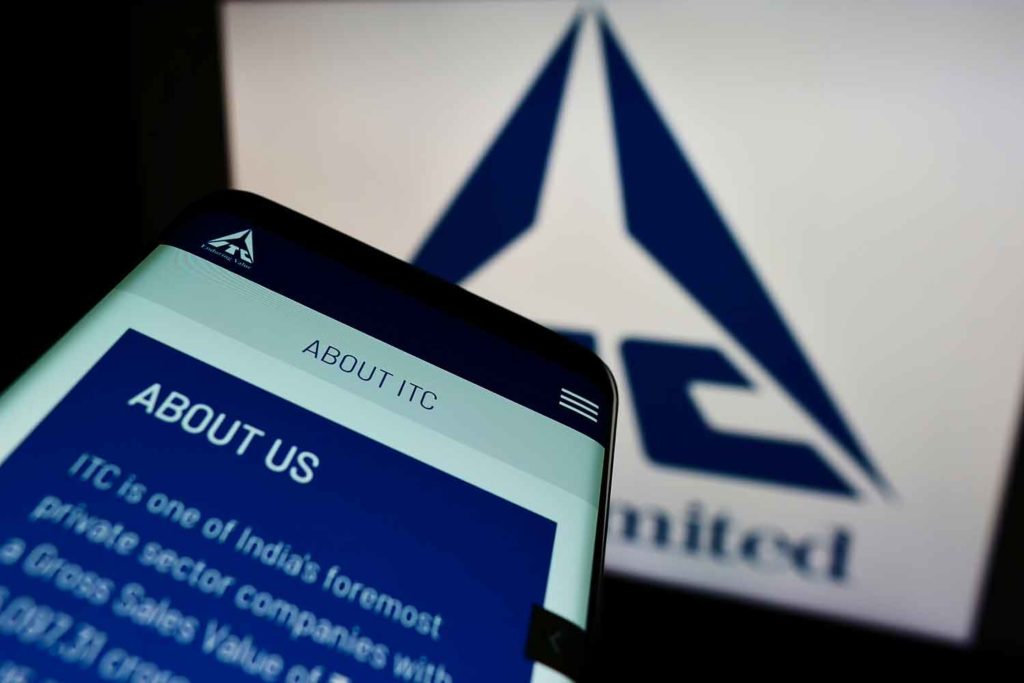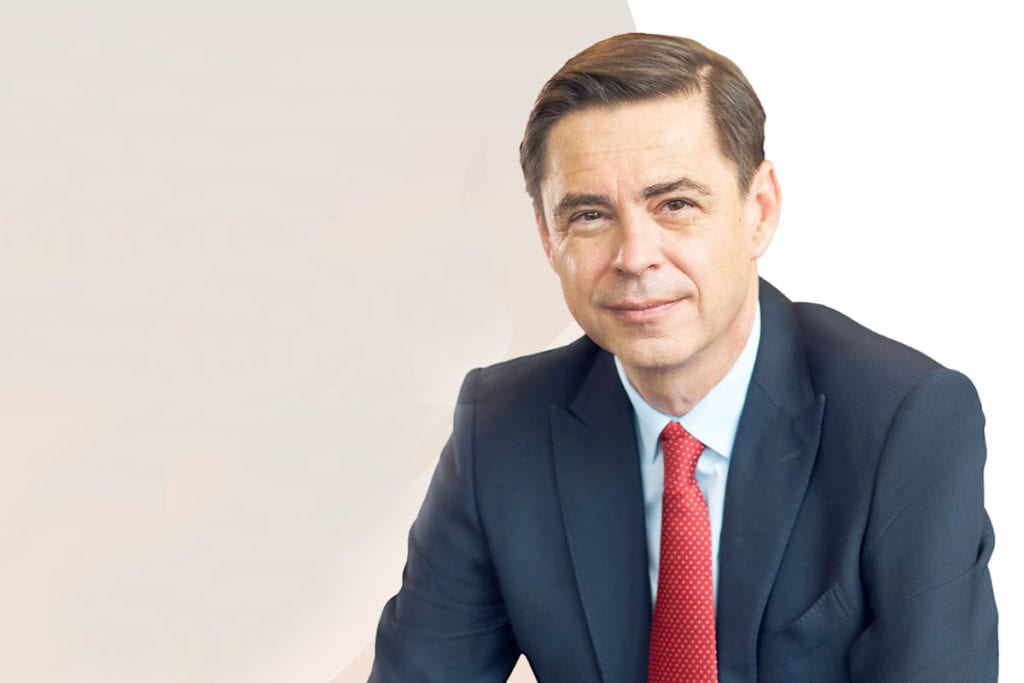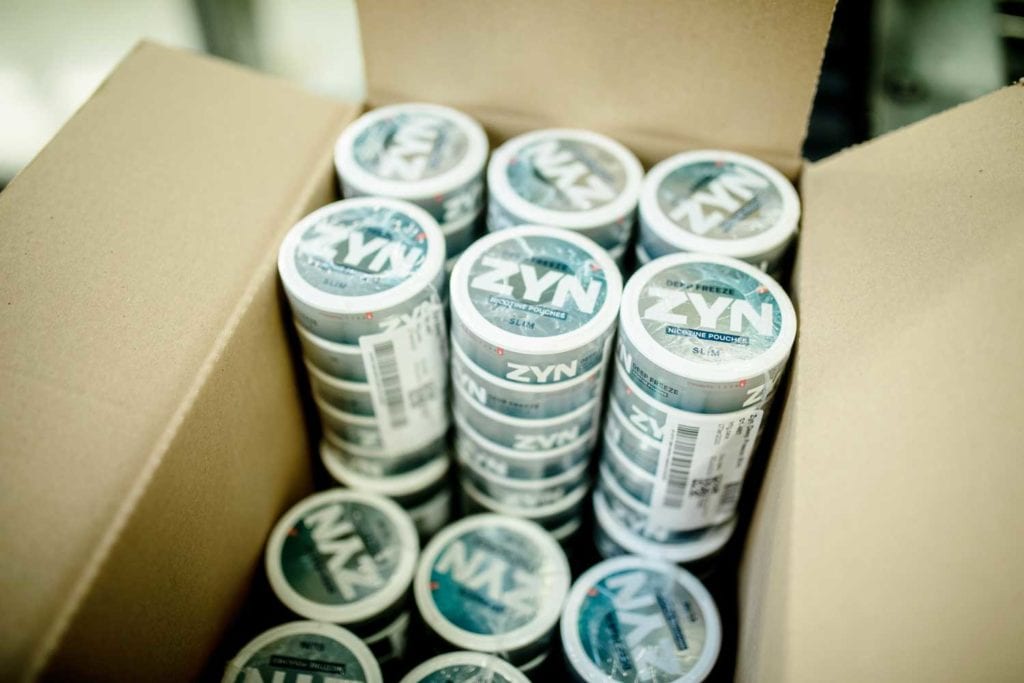
Sales of Swedish Match increased by 21 percent to SEK5.78 billion ($525.77 million) for the third quarter of 2022. In local currencies, group sales increased by 5 percent. The group’s operating profit increased to SEK2.4 billion from SEK2.08 billion in the comparable 2021 quarter.
Operating profit from product segments increased by 15 percent to SEK2.4 billion. In local currencies, operating profit from product segments declined by 1 percent for the third quarter.
In local currencies, operating profit grew by 12 percent for the smoke-free product segment. For the cigars product segment, operating profit declined, impacted by lower volumes. The lights product segment faced particularly tough conditions and reported a steep decline in operating profit.

Profit after tax increased to SEK1.78 billion from SEK1.54 billion in the comparable 2021 quarter.
Swedish Match attributed its performance to continued momentum for the U.S. smoke-free business and the strong U.S. dollar.
“Our core smoke-free business, and especially our nicotine pouch businesses, continued to demonstrate strength and attractive prospects, both commercially and from a tobacco harm reduction perspective,” said Swedish Match CEO Lars Dahlgren in a statement. “While we experienced some challenges in the quarter, underlying developments in several of our businesses were stronger than what the reported financials portrayed.”

